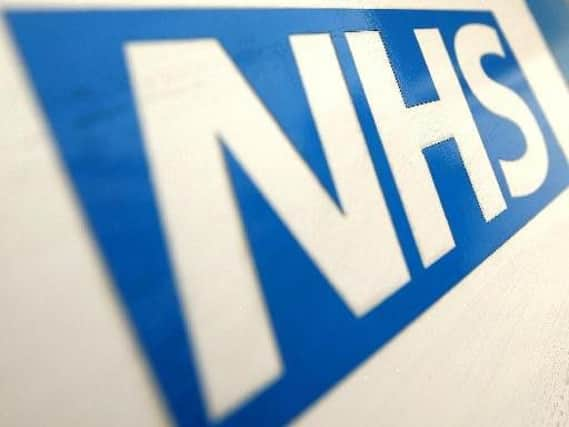What is meningitis and what should you do if you think your child has it?


Hector Kirkham, from Lancaster, was taken to the Royal Lancaster Infirmary on March 27 after contracting meningococcal septicaemia, but died later that day. His parents, Charlotte and Lee, are urging other families to be vigilant.
- What is meningitis?
Meningitis is an infection of the protective membranes, known as meninges, which surround the brain and spinal cord.
It is usually caused by a viral or bacterial infection.
Advertisement
Hide AdAdvertisement
Hide AdViral meningitis is the least serious, but most common, type of the disease and will usually get better on its own.
Bacterial meningitis is more rare and requires urgent medical treatment.
The NHS estimates one in every 10 cases of bacterial meningitis is fatal. Those who recover from the disease can be left with long-term problems including hearing or vision loss and loss of limbs.
Meningococcal disease, a term used to describe meningitis and septicaemia, is the most common cause of bacterial meningitis, according to charity Meningitis Now.
- How is it spread?
Advertisement
Hide AdAdvertisement
Hide AdThe NHS says meningitis can be spread through sneezing, coughing, kissing or sharing utensils such as cutlery.
It is usually caught from someone who carries the virus but is not ill but it can be caught from someone else with meningitis. It can affect anyone but is most common in babies, young children, teenagers and young adults.
- What are the symptoms?
Symptoms include a headache, a high temperature, a stiff neck, dislike of bright light, drowsiness or unresponsiveness, seizures and a blotchy rash that does not fade when a glass is rolled over it, although that does not always develop. Symptoms can develop quickly and in any order.
- What should you do if you think you or your child has meningitis?
Advertisement
Hide AdAdvertisement
Hide AdThe NHS advises that if you are concerned you or your child could have meningitis you should seek medical advice immediately and not wait until a rash develops.
Call 999 for an ambulance or go to your nearest accident and emergency department if you think you or your child might be seriously ill.
If you are not sure it is serious or think you may have been exposed to someone with meningitis then call NHS 111 or your GP surgery for advice.